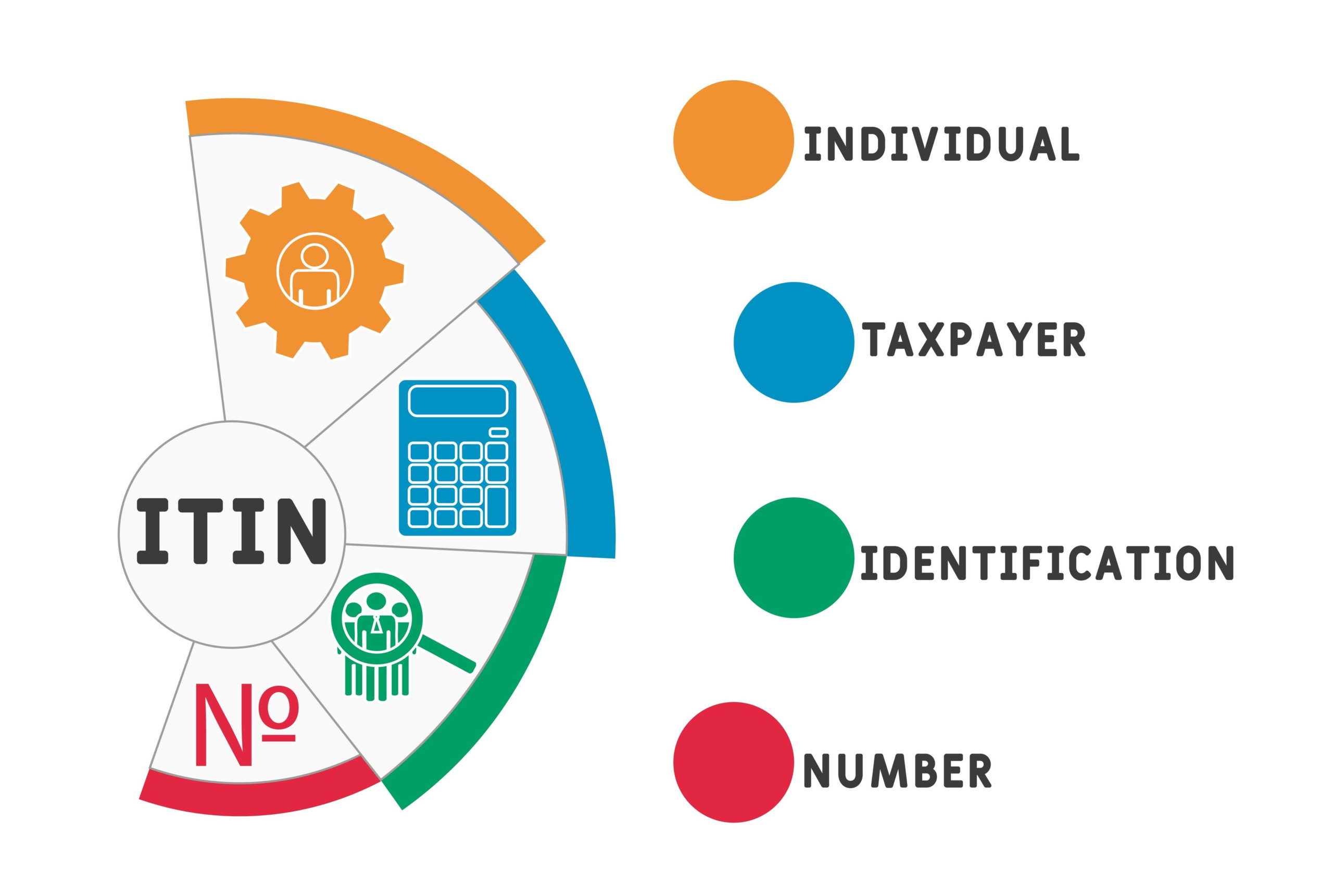What Is an ITIN Number and Do I Need One?
The United States Internal Revenue Service (IRS) utilizes several different types of identification numbers. You are probably most familiar with Social Security Numbers, which are issued to all US Citizens. You may be less familiar with Employer Identification Numbers and Individual Tax Identification Numbers. The IRS uses these different numbers to distinguish between individual US citizens, noncitizens, and business entities.
What Is an ITIN Number?
The Individual Tax Identification Number, or ITIN, allows individuals to file United States income tax if they are not eligible to obtain a Social Security Number (SSN).
How do you know whether you need an Individual Tax Identification Number? We address the pressing questions of who needs an ITIN, what it allows you to do, and how to obtain one.
What Is an ITIN Used For?
An ITIN is an IRS tax ID number that allows individuals who are unable to obtain a Social Security Number to pay taxes for income received in the United States. An ITIN has other uses beyond just meeting tax obligations. An ITIN can be used to access certain financial products and services. You can even use an ITIN to apply for a state drivers license or ID card.
It is important to note that an ITIN is different from a work permit, nor is it a Social Security Number. An ITIN does not authorize an individual to work or earn income in the United States. An ITIN also does not provide the right to Social Security benefits. The ITIN simply allows foreign individuals who already have proper work authorization to complete their income tax obligations.
Do I Need an ITIN Number?
Certain foreign residents living and working in the United States may be required to obtain an ITIN. Generally, if you are required to file taxes due to having received U.S. source income through employment or conducting business, and you do not have a Social Security Number, you likely need an ITIN to fulfill your tax obligations.
Individuals in the following categories typically meet this description and are required to obtain an ITIN:
- Foreign nationals who are required to report income on a U.S. tax return but do not qualify for a SSN;
- A spouse or dependent of a U.S. citizen, resident alien or non-resident alien;
- A resident alien needing to file a tax return for income earned in the U.S.;
- Anyone living outside the U.S. who needs to file a U.S. tax return.
Anyone can obtain an Individual Tax Identification Number regardless of their U.S. immigration status. This means that resident and non-resident aliens are eligible to obtain a U.S. ITIN.
How Do I Obtain an ITIN Number?

If you require assistance, you can apply for an ITIN in person at an IRS taxpayer assistance center. You can also utilize an authorized Acceptance Agent.
EIN or ITIN?
An “Employer Identification Number”, or EIN, is the type of IRS identification number assigned to a business, estate, or trust. An EIN Number allows a legally formed business entity, like an LLC, to pay federal taxes. The number also enables a company to perform certain critical functions. This includes opening a business bank account and tracking payroll.
Entrepreneurs often have questions about how an EIN works with an ITIN. Foreign residents who operate businesses in the US often ask whether they are obligated to obtain an ITIN if they have an EIN for their company. This question stems from the fact that sole proprietors are able to use EIN Numbers instead of a Social Security Number in order to keep their personal finances separate from their business. Even single member LLCs must have an EIN to open a bank account.
You may use an ITIN instead of an EIN where an EIN is requested, however, not the other way around. You cannot use an EIN in place of an ITIN where an ITIN is required.





